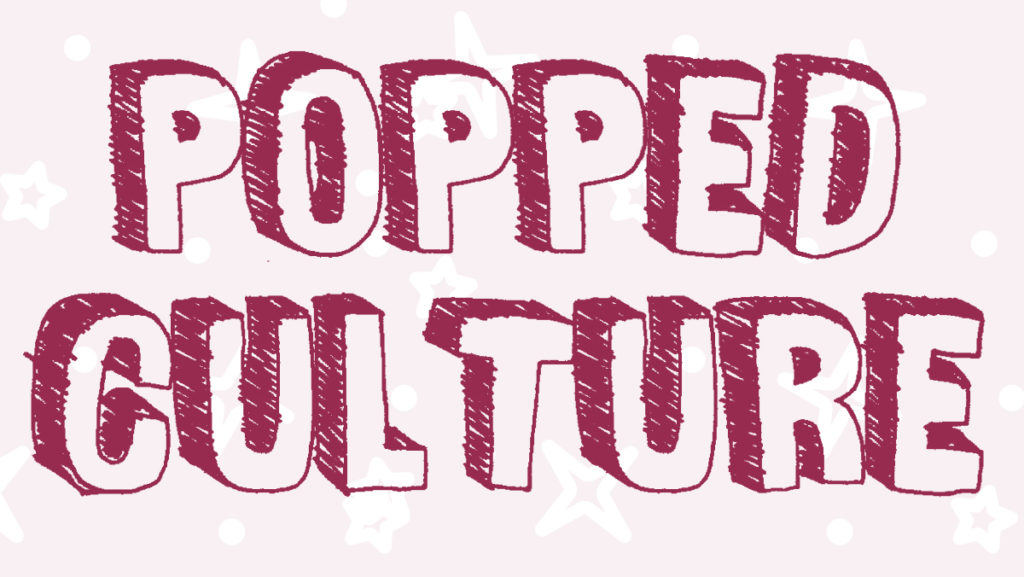Social media has granted billions of individuals the ability to cast their own judgments on events publicly. This access to discussions and information can foster beneficial change in policy and cultural norms. When public opinion turns into the public court, however, conversations can turn into threats, disinformation and the fetishization of trauma.
Some simply seem fascinated with the public spectacle, not the specifics that foster these discussions. No cultural phenomenon can capture the powerful forces of both good and evil of the virtual court more so than the court system itself, more specifically with high-profile celebrity cases.
One such trial that took the world by storm was the March trial of Gwyneth Paltrow over a skiing collision. Paltrow was sued for over $300,000 dollars by Terry Sanderson, a retired optometrist, after a collision at a ski resort in 2016 that left him with injuries. Ultimately, Paltrow was not found responsible for the accident and won her countersuit of $1.
Paltrow’s trial became viral on social media with many of the posts surrounding the trial focusing on the humor of the situation. One post on X read “I think they should decide if Gwyneth is guilty or not,” with an image of the judge panel from Next Top Model. X, TikTok and other social media sites all had images or clips from the trial that were turned into memes.
The humorous outlook on the trial brought many people together across platforms. The sense of community and shared interests are part of what fosters long-lasting intrigue into celebrity trials.
In instances where a trial or a type of accusation is deemed by the court of public opinion as not being severe or that important — often seen with financial, copyright, and other unique instances such as the skiing collision case of Paltrow — the humorous atmosphere surrounding it and small analyses of the case on social media often thrive.
When an accusation against a celebrity is more serious, like abuse, often the role of social media is to amplify the voices of the victims and to spread information. On the negative side, people on social media sometimes use their platform to hyper-obsess over every detail to a harmful extent and to threaten people.
One celebrity who recently had a severe fall from grace was Lizzo. On Aug. 1, Lizzo and Shirlene Quigley, Lizzo’s dance captain, were sued by three of Lizzo’s former dancers for alleged sexual harassment and body shaming based on weight. Eventually, more people, such as filmmaker Sophia Nahli Allison, also spoke up about her bad experience with Lizzo on Instagram stories while working on her documentary, “Love, Lizzo.” She claimed that she was “treated with such disrespect by her.”
On the flip side, some have taken this case as a chance to body-shame Lizzo, which indirectly body-shames other plus-size women. Furthermore, body-shaming Lizzo even in the name of calling out “hypocrisy” does not actually solve fatphobic ideals that are rampant in society.
The surge of hateful messages that are not related to a celebrity’s behavior after a lawsuit comes out highlight one problem that prevents introspective conversations from forming— certain people wait for a celebrity to have legal issues to publicly run rampant with their dislike about everything surrounding that person. During these virtual attacks, nothing productive gets done. People use these cases to fuel their confirmation biases surrounding a celebrity. When accusations come out about said celebrity, some practically celebrate having an excuse to publicly hate that individual, instead of genuinely expressing sympathy for the potential victim.
There has not been a trial or lawsuit that exemplifies these matters in a more clear light in recent history than the case of Johnny Depp and Amber Heard. The trial that lasted from April to June last year surrounded Depp’s suing of Heard for defamation and her respective countersuit against him. By the end of the trial, Heard was found to have defamed Depp on all three claims he made against her while Depp was found to have defamed Heard in one of the three contested statements she made against him.
This trial took the cultural spotlight for the near two-month trial and many publically took sides in the trial. Millions of tweets, Instagram posts and TikToks covered the trial, posts being a mixture of facts and opinions. On TikTok, #justiceforjohnnydepp went viral with over 22 billion views, whereas #justiceforamberheard has 273.6 million views. Many people virtually harassed both parties and their legal teams.
Misinformation surrounding the two parties, especially around Heard, ran rampant. One such mistruth was when people claimed that Heard had stolen word-for-word portions from the film “The Talented Mr. Ripley” in her testimony. The realities behind the trials became muddied with the large dust cloud of lies that flew in from internet theories. Furthermore, death threats were hurled at Heard and Depp and toward those online who disagreed with one’s opinions.
The grandeur of the celebrity world comes crumbling down when the famous are put on trial or are sued, as they become more accessible to the public and therefore easier to criticize. The conversations surrounding these trials can be used to spread support and to call out toxic behaviors and actions. However, public outcry can be pushed to such extremes that it can be harmful not just for the safety of the people involved in these situations, but even for everyday individuals who express an alternative view on the matter at hand.








